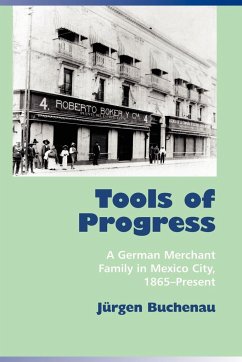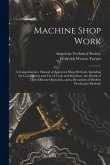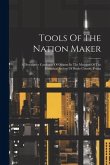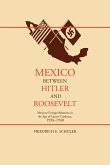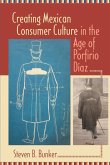The history of Casa Boker, one of the first department stores in Mexico City, and its German owners provides important insights into Mexican and immigration history. Often called "the Sears of Mexico," Casa Boker has become over the past 140 years one of Mexico's foremost wholesalers, working closely with U.S. and European exporters and eventually selling 40,000 different products across the republic, including sewing machines, typewriters, tools, cutlery, and even insurance. Like Mexico itself, Casa Boker has survived various economic development strategies, political changes, the rise of U.S. influence and consumer culture, and the conflicted relationship between Mexicans and foreigners. Casa Boker thrived as a Mexican business while its owners clung to their German identity, supporting the Germans in both world wars. Today, the family speaks German but considers itself Mexican. Buchenau's study transcends the categories of local vs. foreign and insider vs. outsider by demonstrating that one family could be commercial insiders and, at the same time, cultural outsiders. Because the Bokers saw themselves as entrepreneurs first and Germans second, Buchenau suggests that transnational theory, a framework previously used to illustrate the fluidity of national identity in poor immigrants, is the best way of describing this and other elite families of foreign origin.
Hinweis: Dieser Artikel kann nur an eine deutsche Lieferadresse ausgeliefert werden.
Hinweis: Dieser Artikel kann nur an eine deutsche Lieferadresse ausgeliefert werden.

